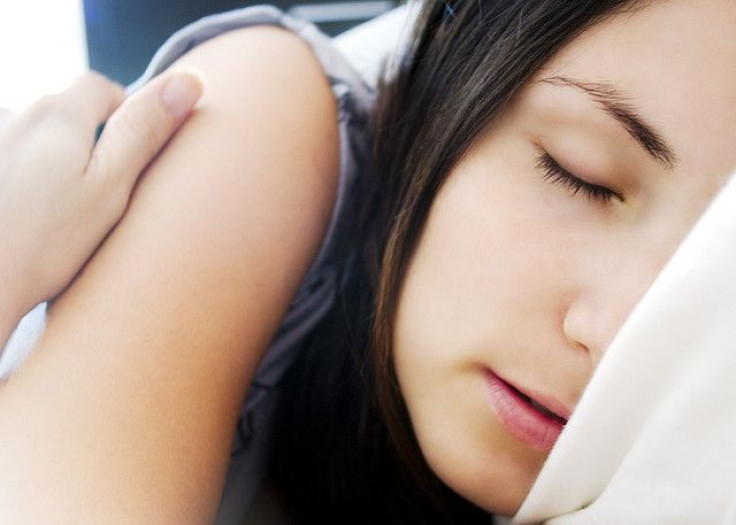Not Just a Man's Disease, Obstructive Sleep Apnea Affects Many Women

A new study has shown that sleep apnea, commonly thought of a problem occurring in men, has a high prevalence in women.
Researchers cite obesity and hypertension among women to be a risk factor for obstructive sleep apnea.
In obstructive sleep apnea, breathing is frequently paused during sleep. This is the most common form of sleep apnea and was considered to be more prevalent among men than women.
For the study, researchers analyzed sleep habits of approximately 400 women chosen randomly from a group of 10,000 women. All the participants were asked to fill out a questionnaire describing their sleep habits. The participants also underwent a sleep examination.
Researchers found that half of the study participants suffered from obstructive sleep apnea. The researchers also found that 80 percent participants who had hypertension and 84 percent of obese women had sleep apnea.
"We were very surprised to find such a high occurrence of sleep apnea in women, as it is traditionally thought of as a male disorder. These findings suggest that clinicians should be particularly aware of the association between sleep apnoea and obesity and hypertension, in order to identify patients who could also be suffering from the sleeping disorder," said Professor Karl Franklin, from the Umeå University in Sweden, lead author of the study.
In the present study, more than 30 percent of the study group women who were obese and between the ages of 55 and 70 suffered from severe sleep apnea.
Obstructive sleep apnea causes many health complications and increases risk for stroke and depression, irregular heart beat. Interrupted sleep can also result in drowsiness during the day. People who do not get adequate sleep at night are at increased risk for car crashes, work related injuries and other accidents. Poor sleep for longer durations can also lead to cognitive decline.
Mild cases of sleep apnea can be treated with behavioral changes while moderate to severe ones require the use of a machine called C-PAP (continuous positive airway pressure).
Obstructive sleep apnea is a progressive condition and can get worse with age.
The study was published in the European Respiratory Journal.



























